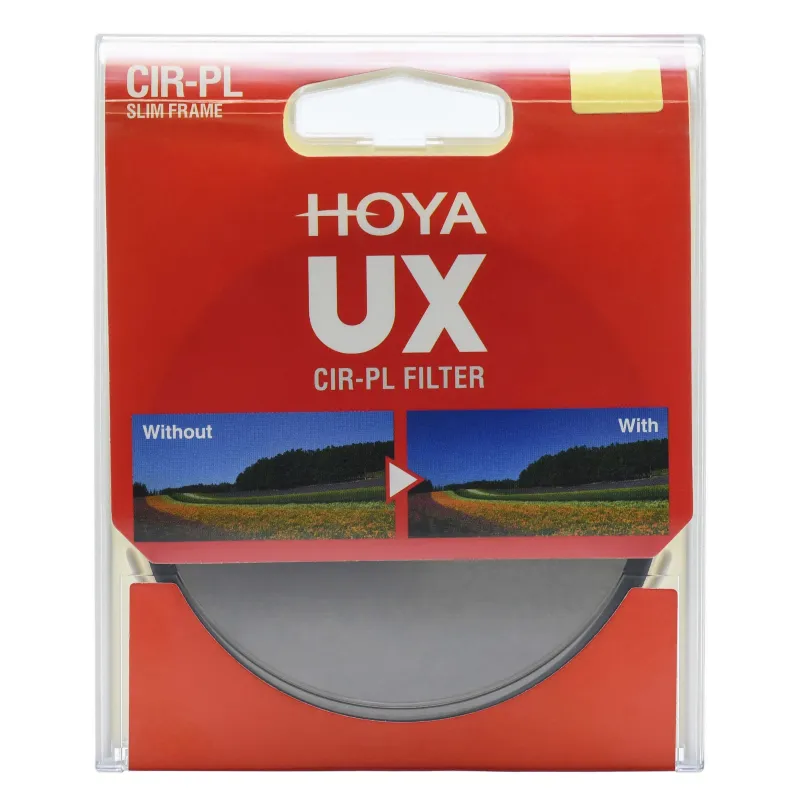Discover related products
Discover related products
Light rays which are reflected become polarized. Polarizing filters are used to select which light rays enter your camera lens. They can remove unwanted reflections from non-metallic surfaces such as water or glass and also saturate colors providing better contrast. The effect can be seen through the viewfinder and changed by rotating the filter. The filter factor varies according to how the filter is rotated and its orientation to the sun.
If you're out walking on a lovely day - in the mountains or at the beach - and you want to get a fabulous shot of a cloud-filled sky or make the water seem more saturated, then a polarizer is the way to go. This filter is the best way to make the clouds stand out, increase or decrease the saturation of the ocean or increase or decrease the reflection off the water. You can also use this filter when shooting into glass or windows since it will, again, either increase or decrease reflections.
If you're shooting black and white and want to simulate a threatening storm, try throwing on a Red filter. The vista will take on the appearance of an imminent, ominous storm.
Along with a UV or Skylight Filter, a polarizing filter should be a part of everyone's gear bag. It can turn a run-of-the-mill image into a stunning, creative photo by increasing color saturation.
The CIR-PL Slim (Circular Polarizing) filter comes now in a new packaging as entry class filter, together with the new UX UV filter. This filter series particularly targets those entry class photographers who require filters with affordable price.
- This filter is polarizing the light to remove reflections, and increase color saturation, without affecting the overall color balance
- Can dramatically enhance a blue sky and make the clouds more prominent
- Used best at right angle to the sun
- Effective with cameras that use beam splitters in the path of the TTL light meter and with AF cameras
- Two-piece, very low-profile filter frame with front filter threads
| Filter type | CPL (polarising) |
| Filter size | 52mm |
 Google
Google








